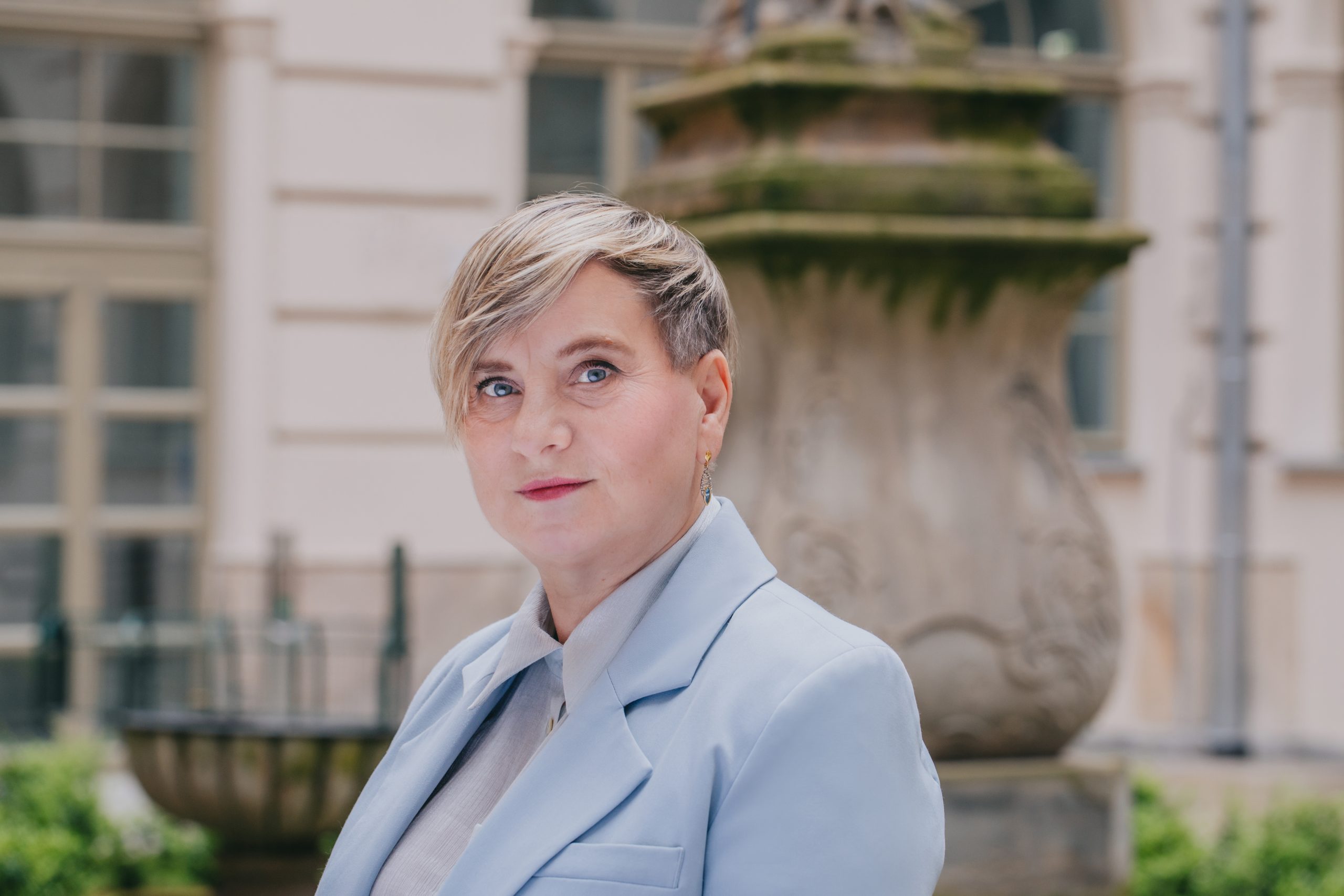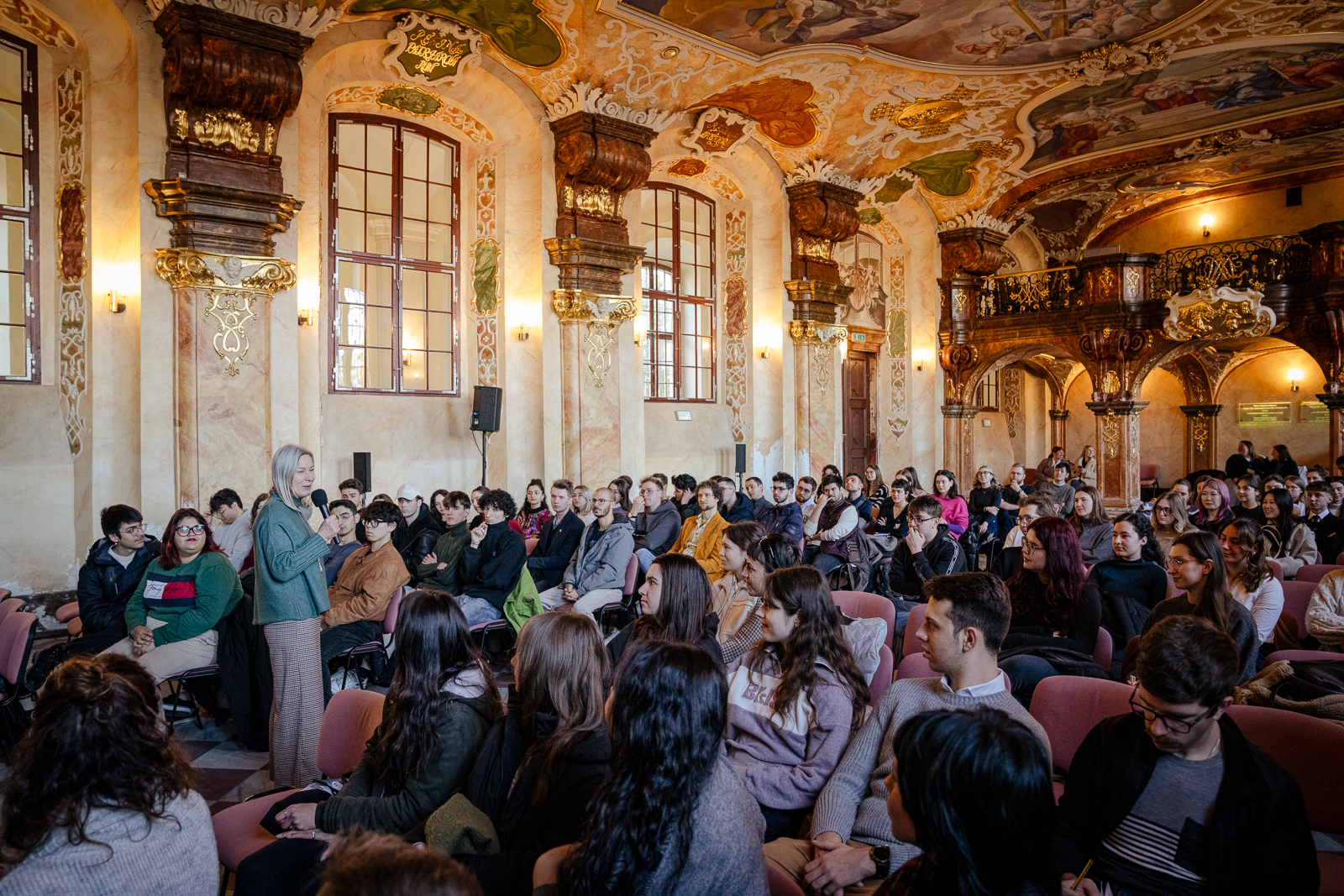UL: Popularisation of science

The University of Wrocław became a part of the Artificial Intelligence Cluster. On 20 February, an agreement was signed on the establishment of the Wrocław cluster, whose mission is to enable and accelerate the implementation of artificial intelligence in economic, educational and social activities and to promote research and innovation in AI.

The Minister’s Lifetime Achievement Award is an individual award that enjoys great prestige in the community. It is a recognition of the laureate’s achievements, which have left a measurable and recognisable contribution to science. Prof. Krzysztof Redlich received the award at the Polish Science Gala in Toruń on 19 February. Our sincere congratulations!
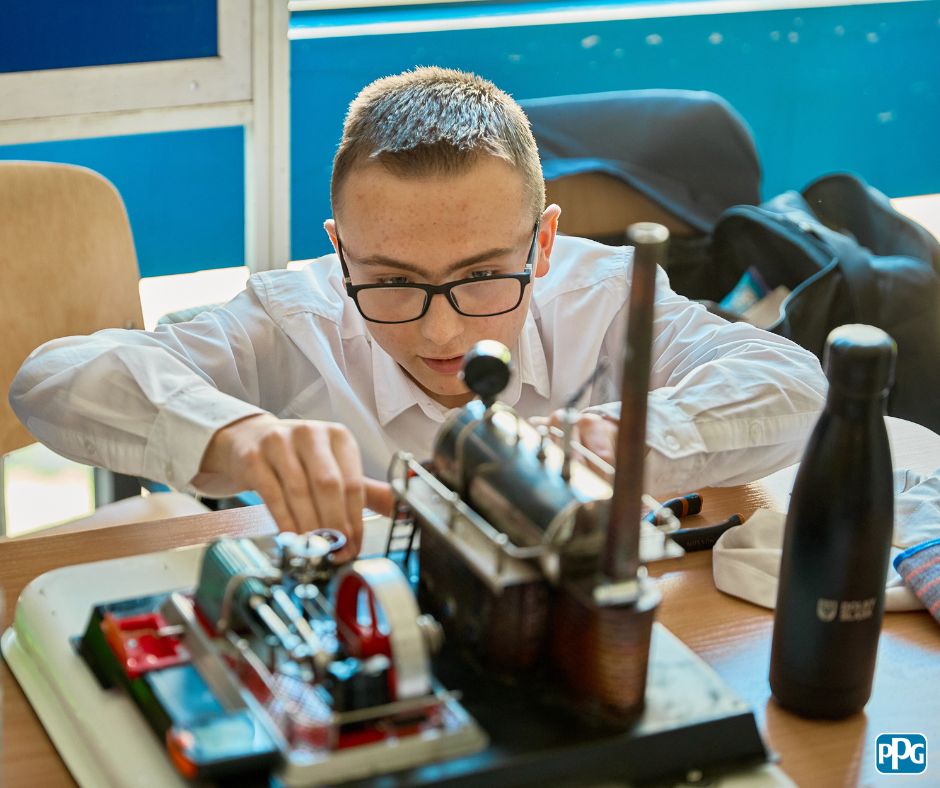
All young science enthusiasts from grades 5 to 8 of primary school who are familiar with scientific experiments are invited to take part in the Universiada! The Faculty of Chemistry at the University of Wrocław and the Polish Association of Chemical Engineers – Wrocław Branch are organising a unique competition for science enthusiasts for the third time.
On Wednesday, 19 February, during the Welcome Ceremony at the University of Wrocław, the staff of the International Office and […]
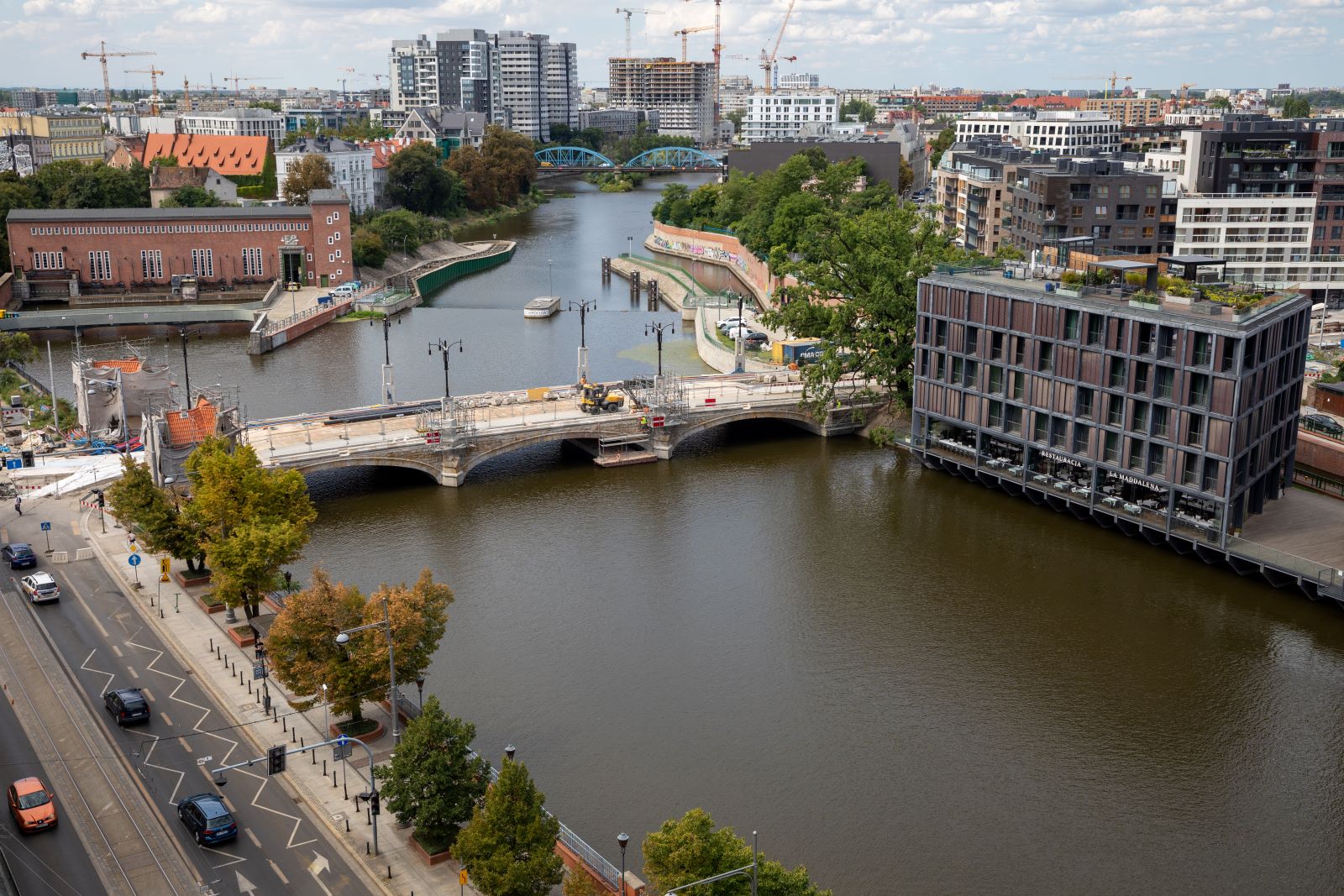
We would like to invite you to open lectures within the framework of the Interdisciplinary Seminar Studium Generale Universitatis Wratislaviensis named after Professor Jan Mozrzymas. The lectures will take place from 25 to 1 April 2025 on Tuesdays, from 17:15 to 19:15 in the Oratorium Marianum (main building, pl. Uniwersytecki 1, ground floor).
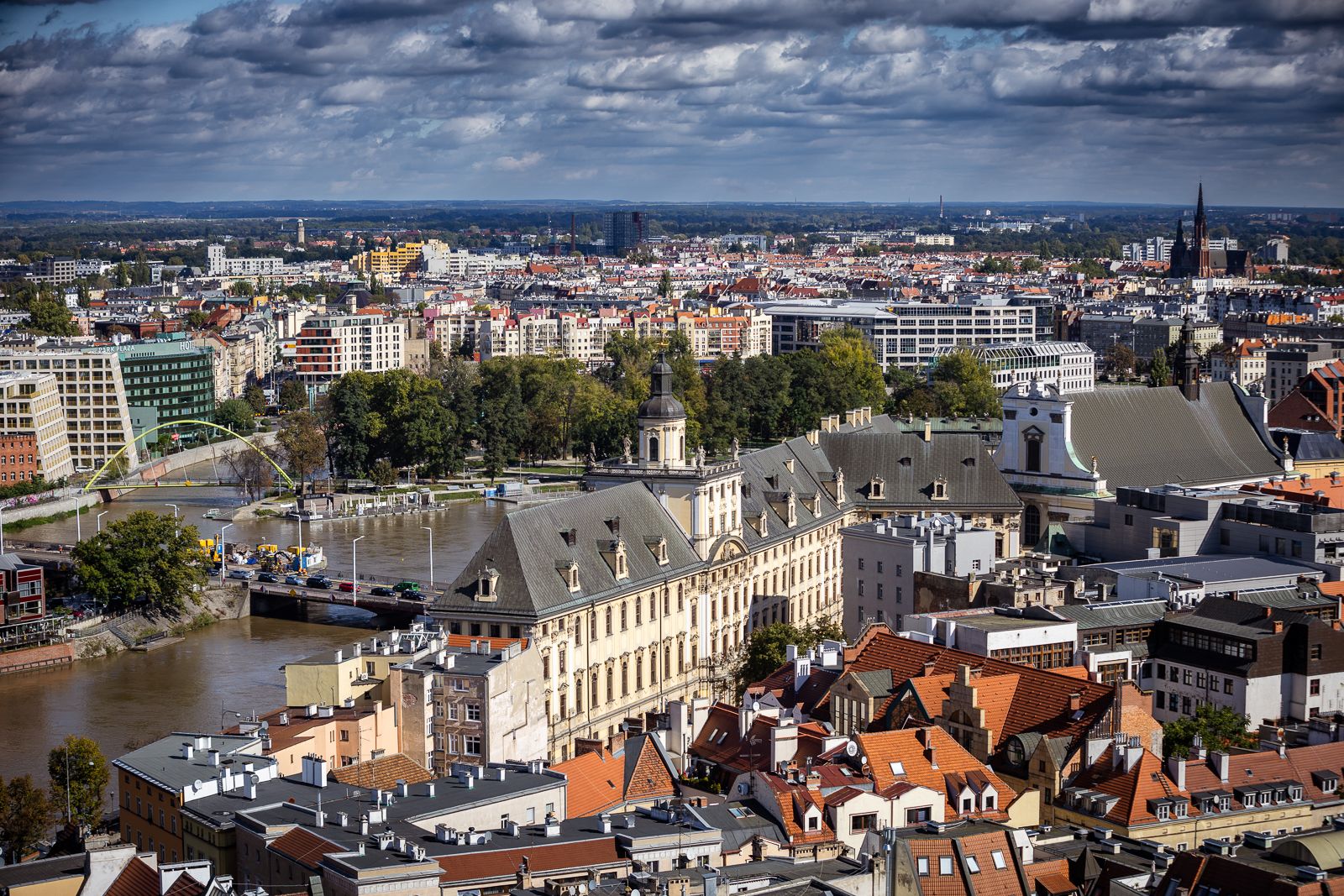
Dr Zbigniew Mogiła from the Department of International Economic Relations and European Integration at the Institute for International and Security Studies (Faculty of Social Sciences) has been elected to the Committee on Spatial Economy and Regional Planning of the Polish Academy of Sciences (PAN). This is one of the most important expert bodies in Poland, dealing with regional policy and the spatial management of the country.
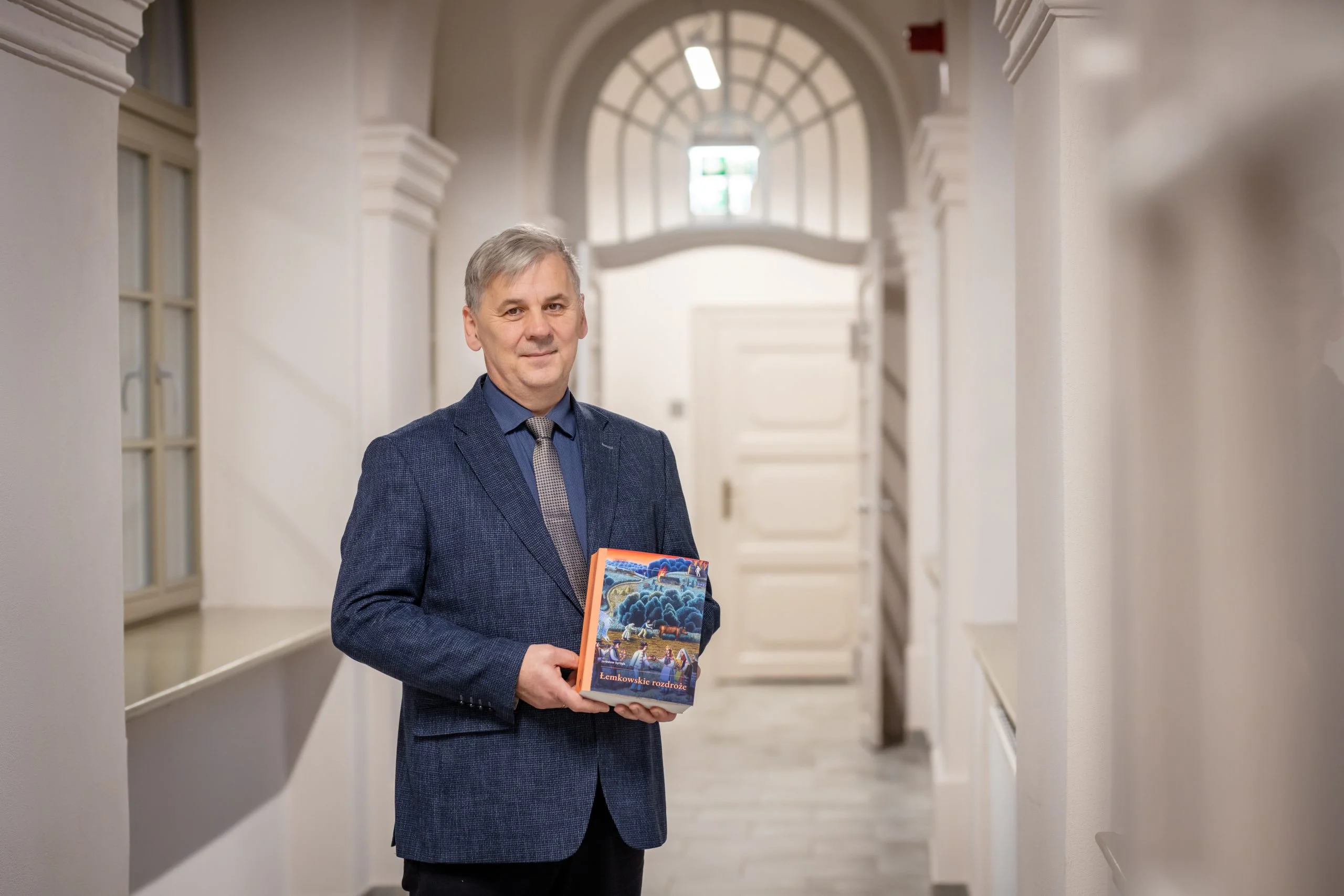
What’s new at the University of Wrocław Press? In our series #MondayswithWUWr, we keep you up to date with the most important events, book news and issues important to the Publishing House! We also encourage you to follow the wuwr.eu website and the Publishing House’s social media – Fb, LinkedIn and Instagram and YouTube. We encourage you to follow!
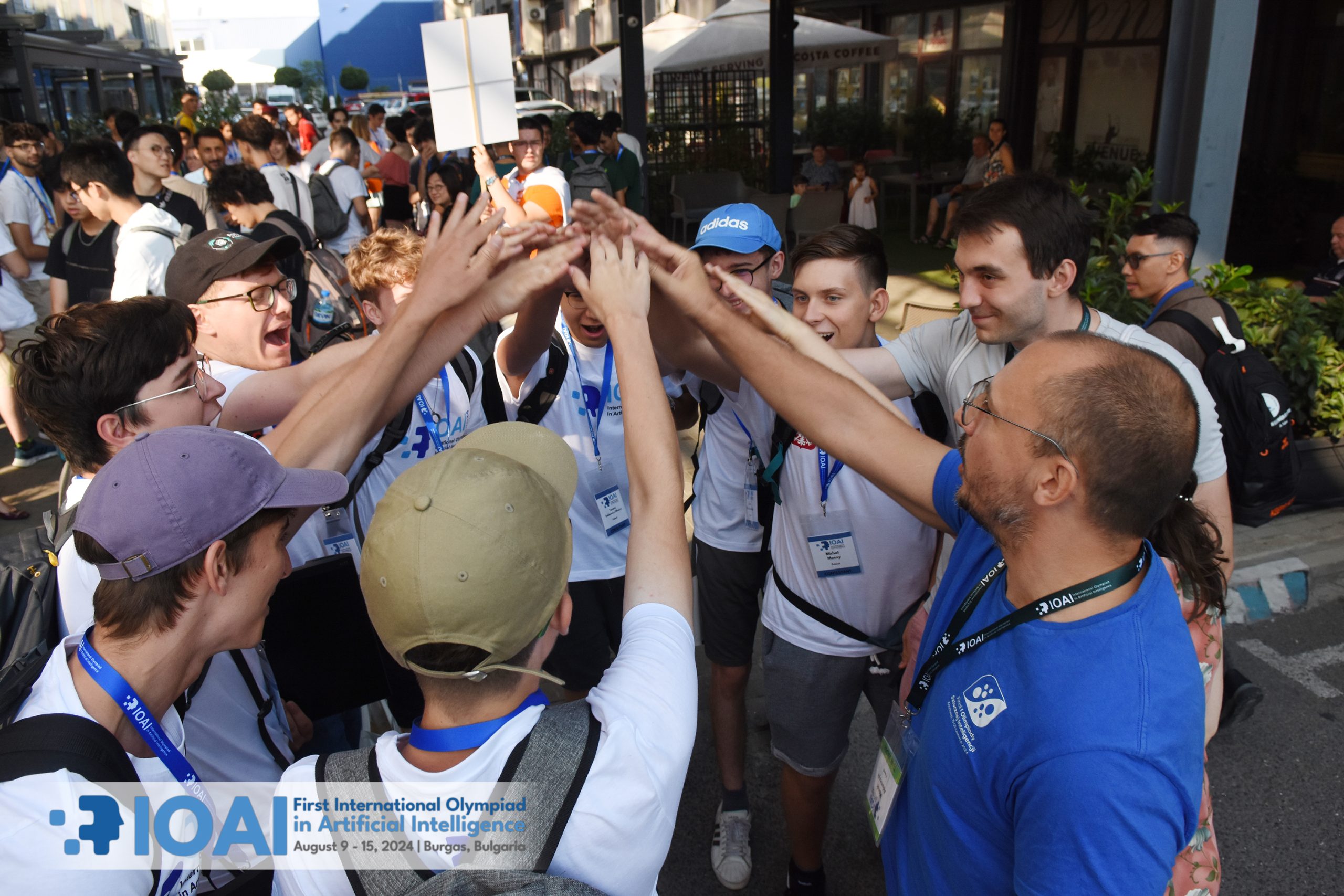
The Artificial Intelligence Olympiad is a competition directed to students of Polish high schools. It is also a unique opportunity to support young talents – people who are just entering the world of AI and want to expand their knowledge, gain new experiences and develop their skills at the highest level. The aim of the competition is to popularize the key knowledge and technologies underlying artificial intelligence. The first stage will begin on February 17. You can register your participation until February 15 via the oai.cs.uni.wroc.pl website.
At the UWr Institute of German Studies it is possible to obtain an international telc certificate confirming your knowledge of […]






